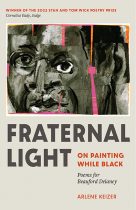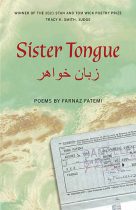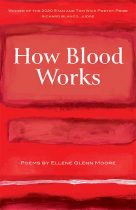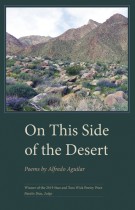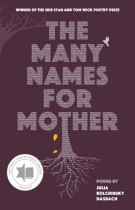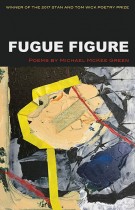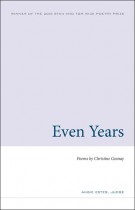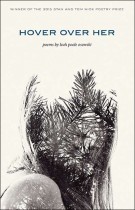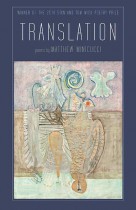Opium and Ambergris
Colin Dekeersgieter | Filed under: Health Humanities, Poetry, Recent Releases, Wick First Book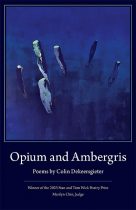
Opium and Ambergris is the haunting debut collection by poet Colin Dekeersgieter, whose lyric poems scrutinize a family’s history with addiction, death, and mental illness.
Reeling from the loss of his brother to a heroin overdose, Dekeersgieter grieves while doing his best to keep his suicidal mother alive and raise his family. As a result, these poems shift between historical retellings and urgent examinations of love. In the title poem, “opium” is associated with death and “ambergris”—a substance formed in sperm whales’ digestive tracts and valued by many cultures for over one thousand years—is associated with love. As family history, death, trauma, and duty become entwined with the acts of living, suffering, growing, and writing, these metaphorical categories become essentially interchangeable. Opium comes from the beautiful poppy; ambergris is an ingredient still used in high-end perfumes to help the fragrance last longer, yet it is extracted from dead whales. Thus, “opium” and “ambergris” come to represent the possible coexistence of love and loss.

